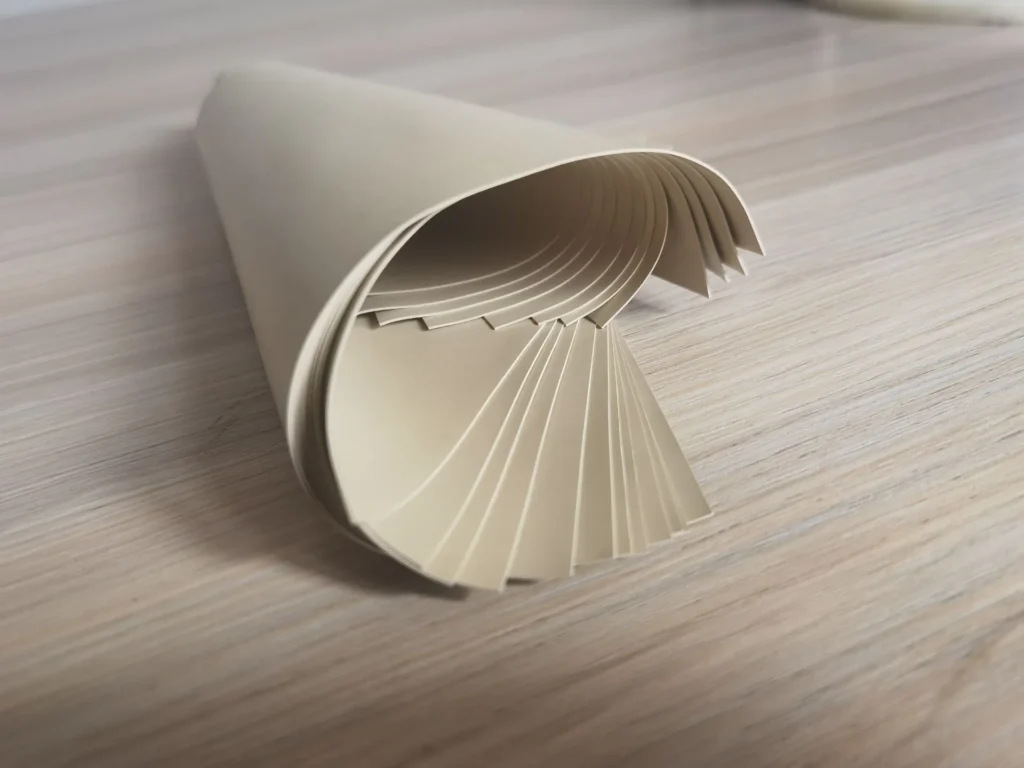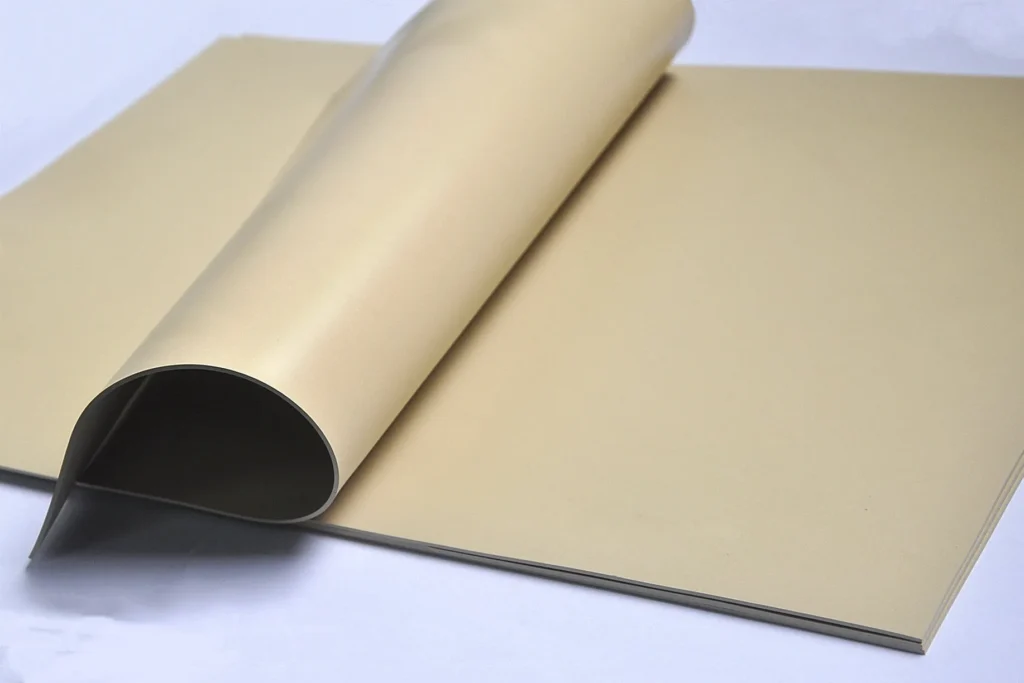Since the mid-1900s research and discoveries have been progressing, non-stop on new areas of application of silicone. Today, we present to you one of such outrageous and mouthwatering discoveries, silicone as a conductor of electricity. Well, let’s not make it fancy. In a raw sense, it is like saying that rubber becomes a conductor of electricity. How is it possible? What type of silicone conducts electricity? and industries that use these types of silicone? Is Silicone Conductive?We will discuss it all in this article. Let’s dive in.
Typically speaking rubber and electricity don’t mix. Rubber is more of a natural electrical insulator than conductor in that it will not transmit any electrical current. Silicone is a flexible material mainly used for kitchenware’s, medical implants, adhesives and so on. One of the properties that made silicone to be used for making these products is because it doesn’t conduct much heat, not to mention electricity.
Is Silicone Sealant an Electrical Insulator?
Uncured silicone can conduct electricity during the vulcanization process. However, when you cure silicone, the process will cause the electrical ions to be unable to move through the silicone sealant. Cured silicone is used as an insulator. How is silicone sealant used as an insulator?

First and foremost, in the automobile industry, silicone sealant is widely used in lots of electrical applications. It is commonly used to insulate electrical wires, connectors and components. It has the ability to act as a moisture barrier which makes it so valuable for sealing electrical enclosures, preventing water ingress, and protecting sensitive equipment.
In housing, silicone sealant is used to seal and insulate electrical joints in outdoor lighting fixtures, transformers, and circuit boards. While silicone sealant can be an effective electrical insulator, there are precautions to be taken into account. For one, it is important to ensure that the surface is clean and marked out for adhesion, as inadequate bonding may compromise the insulating properties.

Furthermore, silicone sealant the right silicone should be used for the desired electrical insulation based on the specific requirements of the application. The requirements include properties such as temperature range, exposure to chemicals, and voltage levels.
Over the years, silicone sealant has served as an electrical insulator in various applications. Its inherent properties, such as resistance to moisture, heat, and chemicals position it as a reliable material in preventing the flow of electrical current. It offers a handful of benefits which include flexibility, adhesion properties, and environmental durability.
Overall, silicone sealant can be a valuable option for electrical insulation when used mindfully, ensuring it meets the necessary considerations for each application.
Benefits and Risk of using Silicone as an Insulator
Let’s consider the wide range of benefits silicone offers as an insulator when using silicone always keep the risks to keep yourself safe when applying silicone sealants
Reduction in weight
Silicone insulators have lesser weight compared to porcelain or glass insulators with equal strength and functionality. This makes it easy to install a silicone insulator. Also, silicone insulators are even lighter than other polymer insulators.
Greater Tensile Strength
Silicone insulators have a higher tensile strength and flexibility with improved seismic performance. With silicone, there’s no risk of break or shatter in transport, handling, or by vandalism. Its flexible nature significantly reduces loss caused by breakage during shipping and installation.
Hydrophobic Properties
Silicone has great hydrophobic properties which cause lower leakage currents and results in excellent behavior in heavily polluted environments. Thus, there is no need to wash or grease even in polluted areas, which saves on maintenance and cleaning costs.
Resistant to Ultraviolet radiation
Silicones are resistant to ozone and ultraviolet radiation. In addition, they resist most organic and inorganic chemicals such as fuels and oils. Silicones are known to be stable when used for a long duration. This is demonstrated over many years of outdoor exposure against fading and deterioration of insulating properties.
Lower Cost of Production
Silicone has a lower cost of production compared to other insulators. It’s flexibility allows adaptation to specific customer needs such as personalized dimensions, fittings, creepage distance to perfectly work with various transmission lines and equipment.
Lastly, silicone insulators are safe products with no health risks such as allergy reaction, chemical leaching to bloodstream etc. They offer ecological advantages compared to glass and porcelain insulators.
Does Silicone conduct electricity?
In general, silicone rubber is known to exhibit excellent insulator performance even when silicone is immersed in water.
Of course, the natural resistance doesn’t mean that silicone can’t conduct electricity. Like other synthetic material, there are variety of ways that you can formulate these compounds
By adding certain fillers or additives, rubber can be made to lose its insulating properties. Yes, silicone will become conductive. This type of silicone is called conductive silicone.
Conductive silicone
The way to formulate electrically conductive silicone rubber is to combine it with filler materials that are good conductors to overcome silicone’s insulation properties. For emphasis and clarity, ordinary silicone will not conduct electricity.
The fillers are also called additives and examples include carbon black additives, silver or metal based nano properties that can increase silicone’s electrical conductivity. Silicone made with these additives offer both the mechanical properties and conductive performance.
Application of Conductive Silicone
Conductive silicone market has been forecasted to have an exponential growth from 2023 to 2032 driven by widespread use across various industries.
Automobile Industry
The rate at which the automobile deploys conductive silicone products such as adhesives and sealants is growing rapidly. They serve as electrical conductors, moisture and heat resistance and offer easy assembly and flexibility.
Silicone rubber can improve the performance of various parts of automobiles such as ignition wires, spark plug protection covers, heating and radiator hoses, battery connectors, and fuel pumps. The application of silicone helps to improve efficiency and reduce maintenance costs.
Furthermore, based on the product, the conductive silicone market size is expected to increase substantially through 2032. In terms of application, the industry share from the thermal interface material segment is projected to expand over 2023-2032.
Also, conductive silicones are used for electromagnetic interference (EMI) and radio frequency interference (RFI) shielding in electric vehicles. In addition to shielding plus high chemical resistance and high temperature tolerance, these materials prevent unwanted electrostatic build-up and discharge.
To meet the required standards and approvals demanded by our automobile customers, strict requirements are maintained at all stages of design, development and manufacturing process to ensure consistent, high quality automobiles are produced.
Conductive silicone are used in electronics
The electronics and electrical industries are the earliest fields where conductive silicone rubber is used in electrical contacts of components and liquid crystal display contacts of electronic computers, telephones, calculators and other instruments. In addition, silicone heating sheets and belts are used to control the working temperature of various precision and sensitive instruments as heating blankets for physiotherapy heat compresses in medical treatment.
What is Thermal conductive silicone grease?
Thermal conductive silicone grease is used in the manufacturing of many electrical appliances. These conductive greases are used for thermal conductivity, flame retardant, dustproof, and water(dew) resistance. Also, different industries have their requirements and regulations on using conductive grease because some thermally conductive silicone greases are slightly more conductive than others and the safety risk of using such thermally conductive silicone greases is too grave to be made. However, at the end of the spectrum, what matters is that conductive silicone grease has good thermal and electrical conductivity, and can also be used to prevent corrosion of metallic components.
Conclusion
Silicone has found application in a lot of industries and recent discoveries is the use of silicone to conduct electricity. Well, silicone can conduct electricity but in little quantities. Furthermore, natural silicone has a high resistance that makes it impossible to conduct electricity. Conductive silicone is achieved by reducing the high resistivity of silicone to allow current flow through it, however small.
So, if the answer you seek is whether silicone can conduct, yes they can and that’s called conductive silicone. On the other end, silicone can insulate and the difference lies in which you seek and need.
Frequently Asked Questions (FAQs)
- Can Silicone conduct electricity? Yes, a special type of silicone can conduct electricity. Like doping in semiconductors, certain fillers like carbon black have been added to make silicone conduct electricity. But in the natural state, silicone will not conduct electricity.
- Can I touch a silicone insulator with bare hands? For safety, you should avoid touching the silicone insulator with your bare hands. Do not be deceived by the rubber-like appearance of the silicone insulator. There could be voltage surge and this can cause the insulator to heat up. Therefore, touching with bare hands can result in burns.
- Is conductive silicone a new type of material? No, it is not a new type of material. It is a type of silicone that has been treated with fillers. The fillers are highly conductive metals like carbon, silver, nickel and so on.
- How do I know which silicone is conductive or an insulator? Certainly, there would be instructions and guides that come with the silicone you purchased. When you go through the instructions, there you will find if it’s conductive or an insulator.